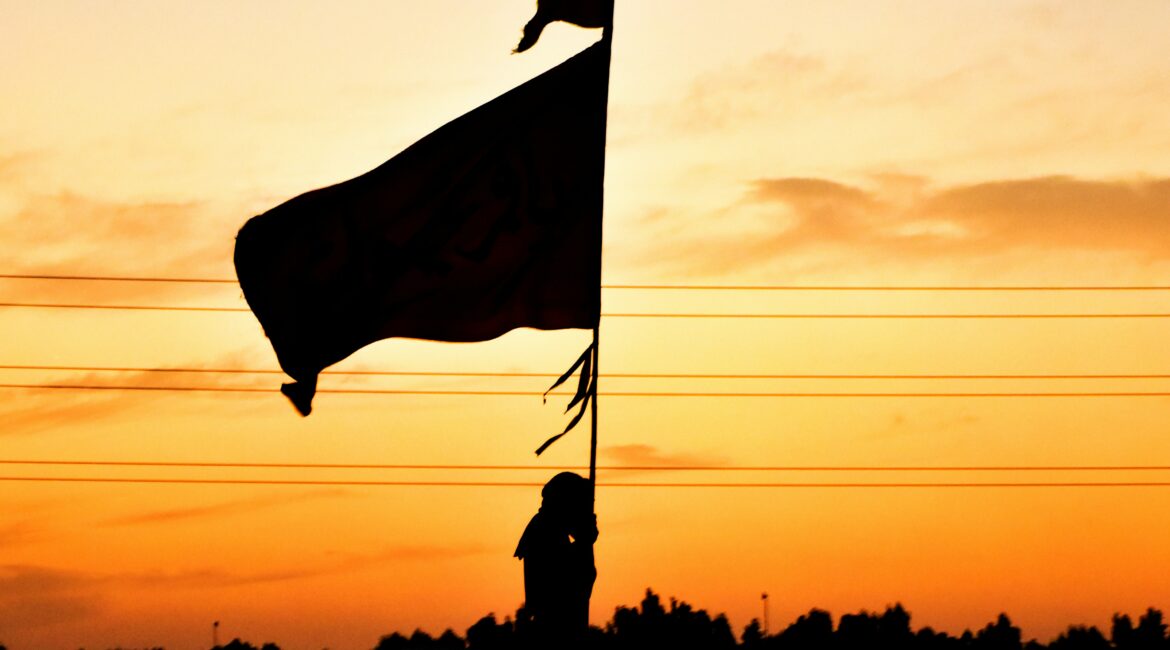In everyday politics and business in Iraq, the PMF can no longer be distinguished from Iraqi state actors. PMF is not a coherent, integrated organization, but a series of fluid and adaptive networks that differ in their horizontal and vertical structure. PMF networks have a symbiotic relationship with Iraqi security services, political parties and business. Its membership includes not only militants, but also parliamentarians, ministers, local governors, members of the provincial council, business people in public and private companies, high-ranking officials, humanitarian organizations and civilians. PMF networks enjoy state power.
The characteristics of PMF networks go beyond those of a traditional military organization, particularly when it comes to politics. PMF groups are represented by their own political parties that vote in elections, appoint cabinet ministers and dispatch officials to serve in senior public service positions within the state apparatus. The PMF are also represented in local governments and in key non-governmental institutions involved in the delivery and management of public services. Networks often change their names when they enter politics. The Badr Corps became the Badr Organization, Asa'ib Ahl al-Haqq founded the political wing Sadiqoun and Kata'ib Jund al-Imam calls itself the “Islamic Movement in Iraq”. Despite the name changes, the networks have largely remained the same. Some MPs are former or current fighters.
PMF is represented as a government-approved security force controlling strategic areas in Iraq. This is largely done in cooperation with other state security agencies. However, the PMFs sometimes replace other state security agencies and are the main security actor in some areas that locals turn to. Some members of the PMF also hold dual positions. Abu Dergham al-Maturi, for example, led PMF Brigade 5 (a Badr brigade) and at the same time acted as deputy commander of the federal police in the Ministry of the Interior.
Since the death of the leader of the Iranian Quds Brigade, Qassem Suleimani, and the militia leader Abu Mahdi al-Muhandis, the militias have changed. They are divided into new groups; the individual groups differ greatly from one another and are even more difficult to control.
Recently, the shia cleric, Moqtada Sadr, who is himself at the head of one of the most powerful militias in Iraq, announced that he wanted to take action against the chaos in the country and attacks by armed factions on foreign forces, their supply convoys. His targets are the american objectives in Baghdad. Sadr expects big wins in the next election and plans to appoint a member of his movement as the next prime minister.
Various militias with new and unknown names are taking responsibility for the attacks. These small groups act as a facade for larger (real) militias such as Kata'ib Hezbollah, Asa'ib Ahl al-Haqq, Harakat Hezbollah al-Nujaba, and Kata'ib Sayyid al-Schuhada.
Early elections are scheduled to be held in Iraq on 10 October 2021. It remains to be seen whether or not Fatah's Shiite militia party will win the early elections. If they win, Iranian influence in Iraq will become increasingly prominent in politics, if not, maybe we can hope that Iraq will get out slowly of Iranian control.
Shia militia as a state actor

